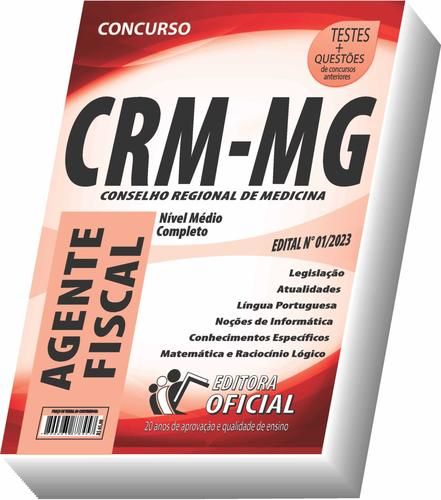
Understanding CRM: A Beginner’s Guide
Customer Relationship Management (CRM) is a powerful tool that businesses use to manage interactions with current and potential customers. It helps businesses streamline processes, improve profitability, and build stronger relationships with customers. If you’re new to CRM or looking to understand its fundamentals better, this beginner’s guide will provide you with a comprehensive overview.
What is CRM?
Definition:
- CRM, or Customer Relationship Management, refers to the strategies, practices, and technologies that businesses use to manage and analyze customer interactions and data throughout the customer lifecycle.
Key Components:
- Data Management: CRM systems collect and organize customer data, including contact information, purchase history, communication logs, and preferences, in a centralized database.
- Customer Interaction: CRM systems facilitate communication with customers through various channels, such as email, phone calls, social media, and in-person interactions.
- Automation: CRM systems automate repetitive tasks, such as data entry, lead assignment, and follow-up reminders, to improve efficiency and consistency.
- Analysis and Reporting: CRM systems provide insights into customer behavior, sales performance, and market trends through data analytics and reporting tools.
Why is CRM Important?
1. Enhanced Customer Relationships:
- CRM helps businesses build stronger relationships with customers by providing personalized communication, proactive support, and timely follow-ups.
- By understanding customer preferences and behavior, businesses can tailor their products, services, and marketing efforts to meet individual needs.
2. Increased Sales Effectiveness:
- CRM enables sales teams to track leads through the sales pipeline, prioritize opportunities, and forecast future revenue.
- By streamlining sales processes and providing valuable insights, CRM helps businesses improve conversion rates, increase sales productivity, and drive revenue growth.
3. Improved Operational Efficiency:
- CRM automates manual tasks, streamlines processes, and promotes collaboration among team members, leading to higher productivity and lower operational costs.
- By centralizing customer data and communication, CRM eliminates silos, reduces duplication of effort, and ensures consistency in customer interactions.
4. Scalability and Growth Potential:
- CRM systems offer scalable solutions that can grow with the business, supporting increasing data volumes, expanding user bases, and evolving business needs.
- By providing strategic insights and actionable intelligence, CRM empowers businesses to identify growth opportunities, make informed decisions, and drive long-term success.
How to Implement CRM?
1. Define Your Objectives: Determine your business goals and objectives for implementing CRM, whether it’s improving customer relationships, increasing sales, or enhancing operational efficiency.
2. Choose the Right CRM Solution: Research different CRM vendors and solutions to find one that aligns with your business needs, budget, and technical requirements.
3. Customize and Configure: Customize the CRM system to meet your specific requirements, including data fields, workflows, and user permissions. Configure automation rules and integration with other business systems.
4. Train Your Team: Provide comprehensive training to your employees on how to use the CRM system effectively. Emphasize the importance of data accuracy, consistent use of the system, and best practices for customer interactions.
5. Monitor and Measure Performance: Regularly monitor key performance indicators (KPIs), such as customer satisfaction, sales metrics, and user adoption rates. Use data analytics and reporting tools to gain insights and identify areas for improvement.
6. Continuously Improve: Continuously review and refine your CRM processes and strategies based on feedback, performance metrics, and changing business needs. Adapt to market trends and technology advancements to stay competitive.
Conclusion
CRM is a powerful tool that helps businesses manage customer relationships, streamline processes, and drive growth. By centralizing customer data, enhancing communication, improving sales effectiveness, and promoting operational efficiency, CRM enables businesses to deliver exceptional customer experiences and achieve long-term success. With the right strategy, implementation, and ongoing optimization, CRM can be a valuable asset for businesses of all sizes and industries.